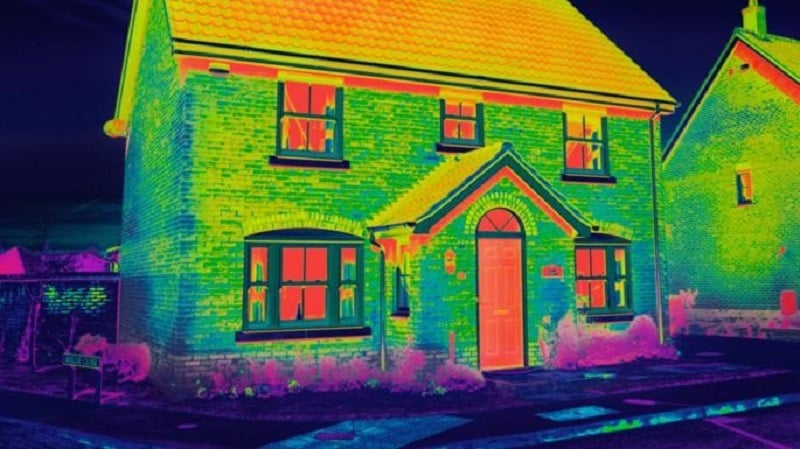This comes as the Business, Energy and Industrial Strategy Select Committee argued that private landlords with the most inefficient properties should pay more to meet the required standards.

A smart tax is needed to support energy improvements, The Residential Landlords Association (RLA) has argued.
The RLA has proposed that any work a landlord carries out to their properties recommended on an Energy Performance Certificate (EPC) should be tax deductible.
The association argues that this would encourage continuous energy improvements rather than just meeting the minimum threshold.
David Smith, policy director for the Residential Landlords Association said: “Whilst we believe rented homes should be as energy efficient as possible, this requires a tax system that properly supports and encourages investment in energy efficiency measures.
“It is disappointing that despite calls by the RLA and others, the committee has retreated to a call to raise costs for landlords without any support from government.
“This stands in stark contrast to the £3.8bn the committee recommends the government makes available to the social sector for such improvements.”
This response comes after the Business, Energy and Industrial Strategy Select Committee argued that private landlords with the most inefficient properties should pay more to meet the required standards.
Under the government’s Minimum Energy Efficiency Standards landlords with properties in the lowest energy efficiency bands (F or G) are expected to contribute up to £3,500 towards the cost of bringing them to an E or better.
The committee recommends raising this to £5,000.
Government data shows that between 2007 and 2017, the proportion of private rented homes with an energy performance rating of F or G fell from 22% to 6%.
The committee’s inquiry saw widespread calls for tax reforms to support investment in energy efficiency measures.
Lawrence Slade, chief executive of Energy UK, supported the re-introduction of the Landlord Energy Savings Allowance (LESA).
He said: “This would be a perfect example of carrot and stick: 'Yes, you have to invest in the properties you own, but actually there is a tax-saving opportunity for you there.'
"The government have missed a trick by not looking at that again.”
The re-introduction of the LESA was also supported by the Association for Decentralised Energy.
Shirley Rodrigues, deputy mayor for Environment and Energy at the Greater London Authority, added: “We think incentives and tax allowances would really help to get landlords taking this up and addressing this really big problem."



